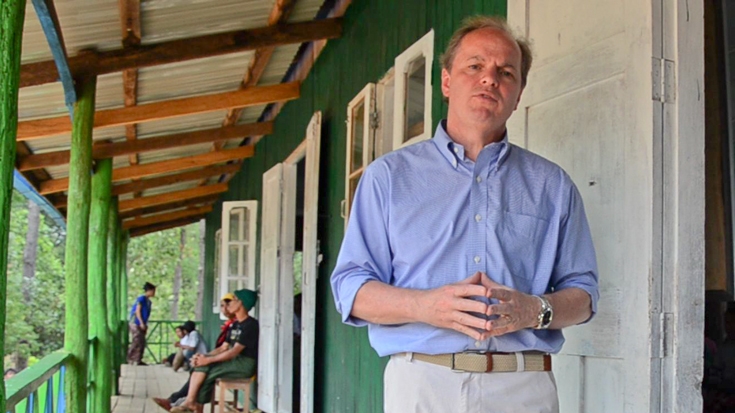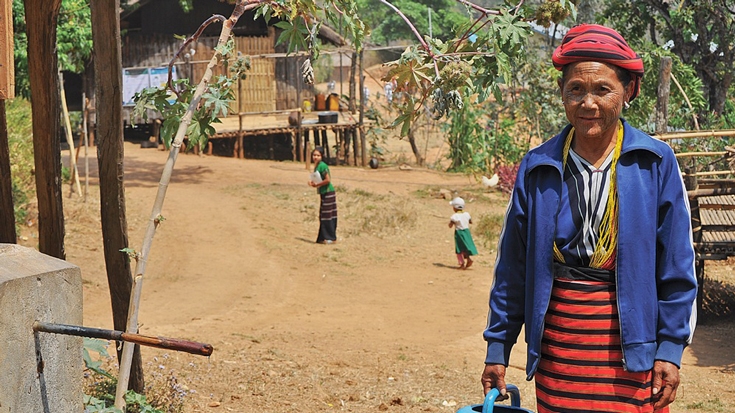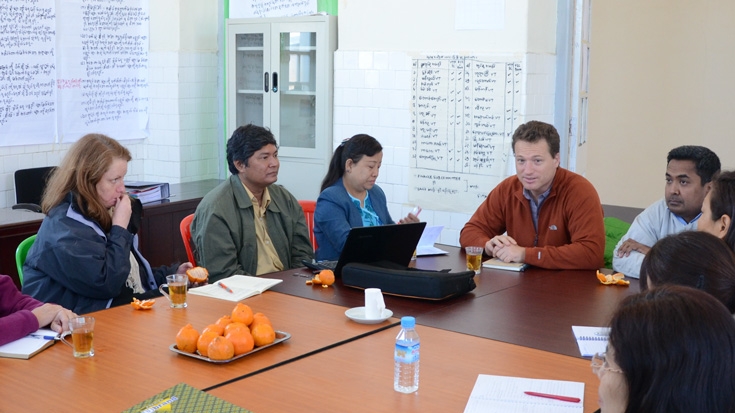YANGON, Myanmar--- Ma Nan Oo is a primary school teacher in the Namshanto township of Shan State. She stands in front of a wooden school house and talks about the fence that is being constructed a few meters away.
“I attended three meetings to discuss and select a project for my village. We chose to build a fence for the school,” she says, “We’re located next to a road where cars and motorbikes pass from time to time. Since we don’t have a school fence, it’s dangerous for the children when they play outside,”
“I am confident that the fence will be a success because I’ve participated in all the meetings for it,” she adds.
The Myanmar National Community Development Project progresses
The Myanmar National Community Development Project is empowering Ma Nan Oo and many others identify and implement investments they need most, such as roads, bridges, irrigation systems, schools, health clinics, and rural markets.
Approved in November 2012 using an $80 million IDA grant, the World Bank’s fund for the poorest countries, this six-year project is supporting rural communities in 15 townships.
As of March 2014, the project is under implementation, with activities underway in the first three townships. Community consultations have been held, village committees and volunteers identified, village plans formulated and approved, and sub projects are being rolled out.



